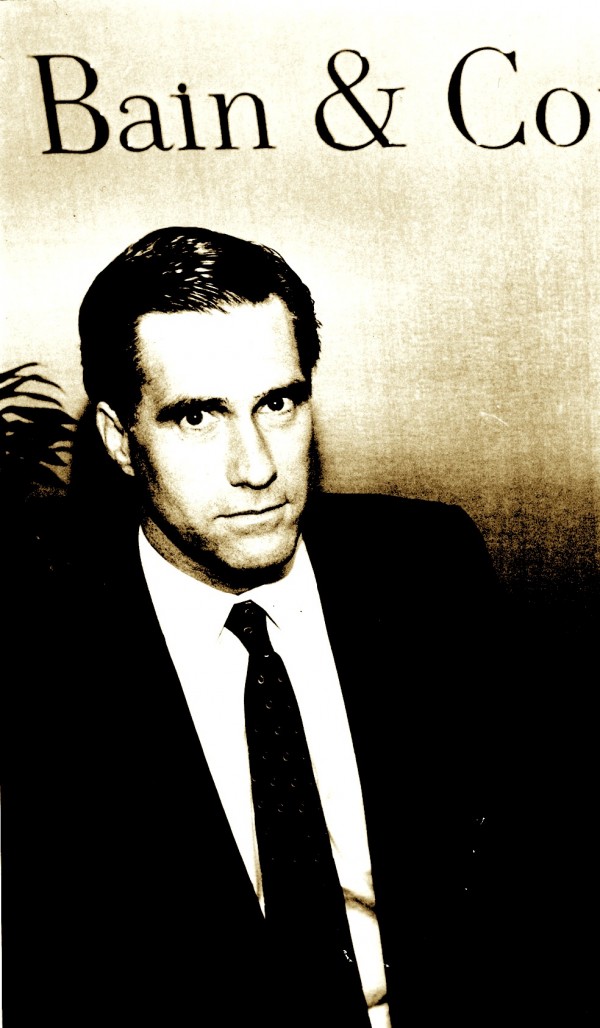
BUSINESSWEEK: As George Will and many others have noted, there must be something truly damaging in Romney’s pre-2010 tax returns for him to willingly endure the criticism and scrutiny that has accompanied his refusal to release them — a refusal he reiterated on Friday, even as the issue, and the matter of his departure date from Bain Capital, have engulfed the campaign. “The cost of not releasing the returns are clear,” Will said on ABC’s “This Week” on Sunday. “Therefore, he must have calculated that there are higher costs in releasing them.” So what could it be that Romney is so determined not to disclose? […] When the stock market collapsed in 2008, the wealthiest investors fared worse than everyone else. (See, for instance, this Merrill Lynch study.) The “ultra-rich” — those with fortunes over $30 million — fared worst of all, losing on average about 25 percent of their net worth. “There was really nowhere to hide as an investor in 2008,” Merrill Lynch’s president of global wealth management pointed out in 2009. “No region ended the year unscathed.” As a member of the ultra-rich, Romney probably wasn’t spared major losses. And it’s possible that he suffered a large enough capital loss that, carried forward and coupled with his various offshore tax havens, he wound up paying no U.S. federal taxes at all in 2009. If true, this would be politically deadly for him. Even assuming that his return was thoroughly clean and legal — a safe assumption, it seems to me — the fallout would dwarf the controversy that attended the news that Romney had paid a tax rate of only 14 percent in 2010 and estimated he’d pay a similar rate in 2011. MORE
PREVIOUSLY: VULTURE CAPITALISM: Mitt Romney’s Bain Capital Routinely Privatized Profits And Socialized Losses
